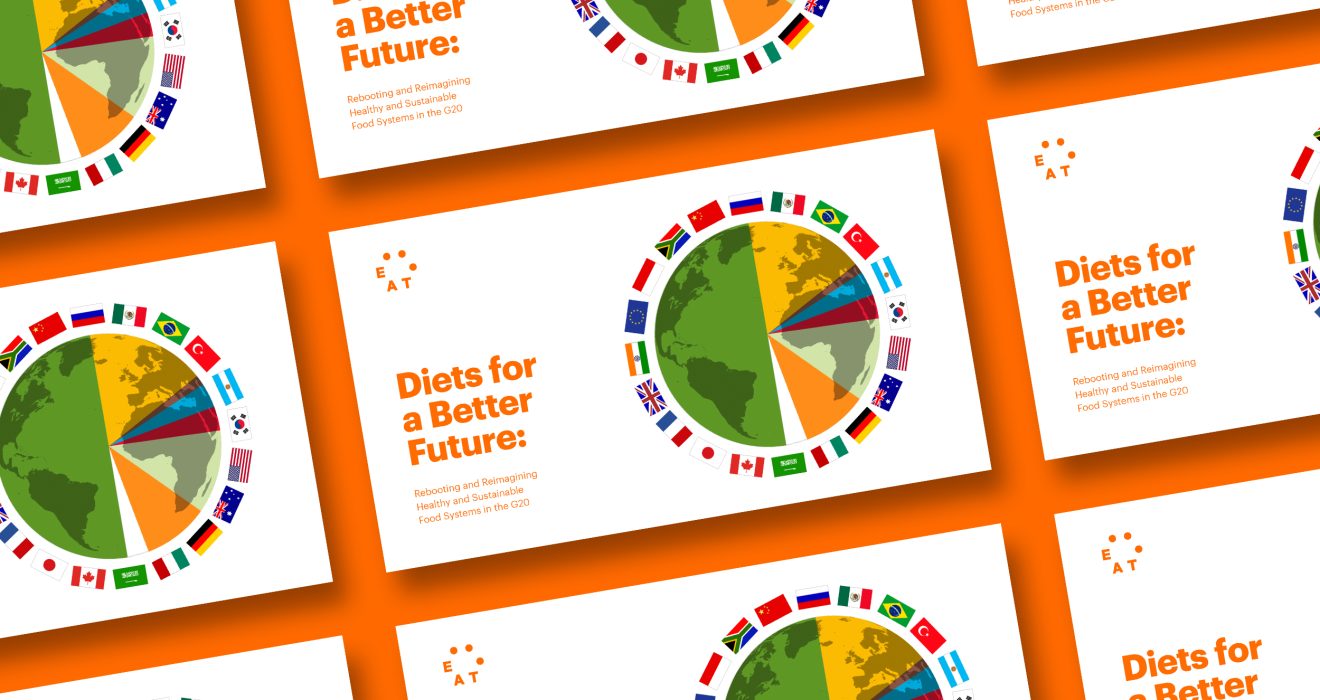In the face of urgent environmental challenges, the call for sustainable living often seems overwhelming. The notion of completely overhauling our lifestyles can be daunting, but a recent study published in Nature Communications offers a more pragmatic approach. The research, conducted by experts from the University of Vermont, the International Institute for Applied Systems Analysis, the Alliance of Biodiversity International, and CIAT, suggests that simple dietary changes can make a significant impact on global emissions, forest conservation, and overall nutrition.
The Power of Baby Steps
The urgency surrounding environmental issues can sometimes lead to all-or-nothing propositions. However, the study emphasizes the effectiveness of taking gradual steps towards sustainability. By substituting just half of our meat and dairy intake with plant-based alternatives, we could achieve a remarkable 31% reduction in global emissions from agriculture. This approach not only lessens the burden on the environment but also makes sustainable living more accessible for individuals who may be hesitant to make drastic changes.
Synergistic Impact of Multiple Substitutions
While the study acknowledges that beef replacement provides the most substantial impacts, it highlights the synergistic benefits of substituting multiple animal products with plant-based alternatives. This approach creates a ripple effect, contributing to a more comprehensive reduction in environmental impact.
Reforestation and Land Restoration
A pivotal revelation from the study involves the innovative proposal of reforesting land that is no longer required for livestock purposes. This visionary approach has the potential to yield substantial environmental benefits, projecting a doubling of climate advantages and a 50% reduction in declines in ecosystem integrity by the year 2050. The authors assert that the reclaimed areas have the capacity to meet a remarkable 25% of the global land restoration requirements set forth in the Kunming Montreal Global Biodiversity Framework by the year 2030. This forward-thinking strategy not only addresses the immediate concerns of land usage but also aligns with broader global initiatives aimed at biodiversity conservation and ecological rejuvenation.
Agricultural and Environmental Impact
Looking ahead to 2050, the study foresees a significant shift in global agricultural dynamics, predicting a 12% reduction in agricultural area compared to 2020. This departure from expansionary trends is crucial for environmental sustainability. Notably, the study indicates a virtual cessation in the decline of natural land, especially forests, marking a pivotal achievement in biodiversity conservation. Projections also suggest a noteworthy decrease in nitrogen inputs to cropland, nearly halving initial estimates. Simultaneously, water use is anticipated to undergo a positive transformation, with an expected 10% decline instead of the feared increase. These forecasts underscore the profound impact that dietary changes, specifically the substitution of animal products with plant-based alternatives, can have on mitigating the environmental footprint of global agriculture.
Global Nutrition and Critical Opportunities
In addition to the evident environmental benefits, the study highlights a profound impact on global nutrition through the suggested 50% substitution of meat and milk with plant-based alternatives. Projections indicate a potential decline in global undernourishment to 3.6%, translating to a reduction of 31 million undernourished individuals by 2050. This dual impact showcases the far-reaching implications of dietary shifts, positively influencing both the environment and human well-being.
Furthermore, study co-author Eva Wollenberg emphasizes the critical opportunity presented by plant-based meats. Beyond their role as innovative food products, they emerge as pivotal tools for achieving crucial objectives in food security and climate goals. The research underscores how these alternatives act as a bridge, connecting environmental conservation, health objectives, and the preservation of biodiversity on a global scale.
Shifting Diets for Biodiversity and Beyond
Lead author Marta Kozicka emphasizes that understanding the impacts of dietary shifts expands our options for reducing greenhouse gas emissions. Beyond the immediate environmental benefits, transitioning to plant-based diets could yield substantial improvements for global biodiversity. The study advocates for the adoption of low-animal-source-food (ASF) diets as a crucial component in meeting climate change mitigation targets and keeping natural resource use within planetary boundaries.
Maximizing Environmental Benefits
The authors highlight that the full environmental benefit of diet swaps could be realized through biodiversity-oriented afforestation. By restoring agricultural land through afforestation, the positive impacts on the environment could be further amplified. The study proposes that the benefits from reduced land-use emissions could double in the 50% substitution scenario.
Conclusion
In conclusion, the study offers a compelling narrative for individuals, communities, and policymakers to embrace sustainable eating habits. The research demonstrates that even small adjustments in our diets can lead to significant positive outcomes for the environment, global nutrition, and biodiversity. By understanding the multifaceted benefits of plant-based alternatives, we can collectively contribute to a more sustainable and resilient future. As we navigate the complexities of a changing world, let us heed the call to action embedded in the study’s findings and embark on a journey towards a more sustainable and compassionate relationship with our planet.

